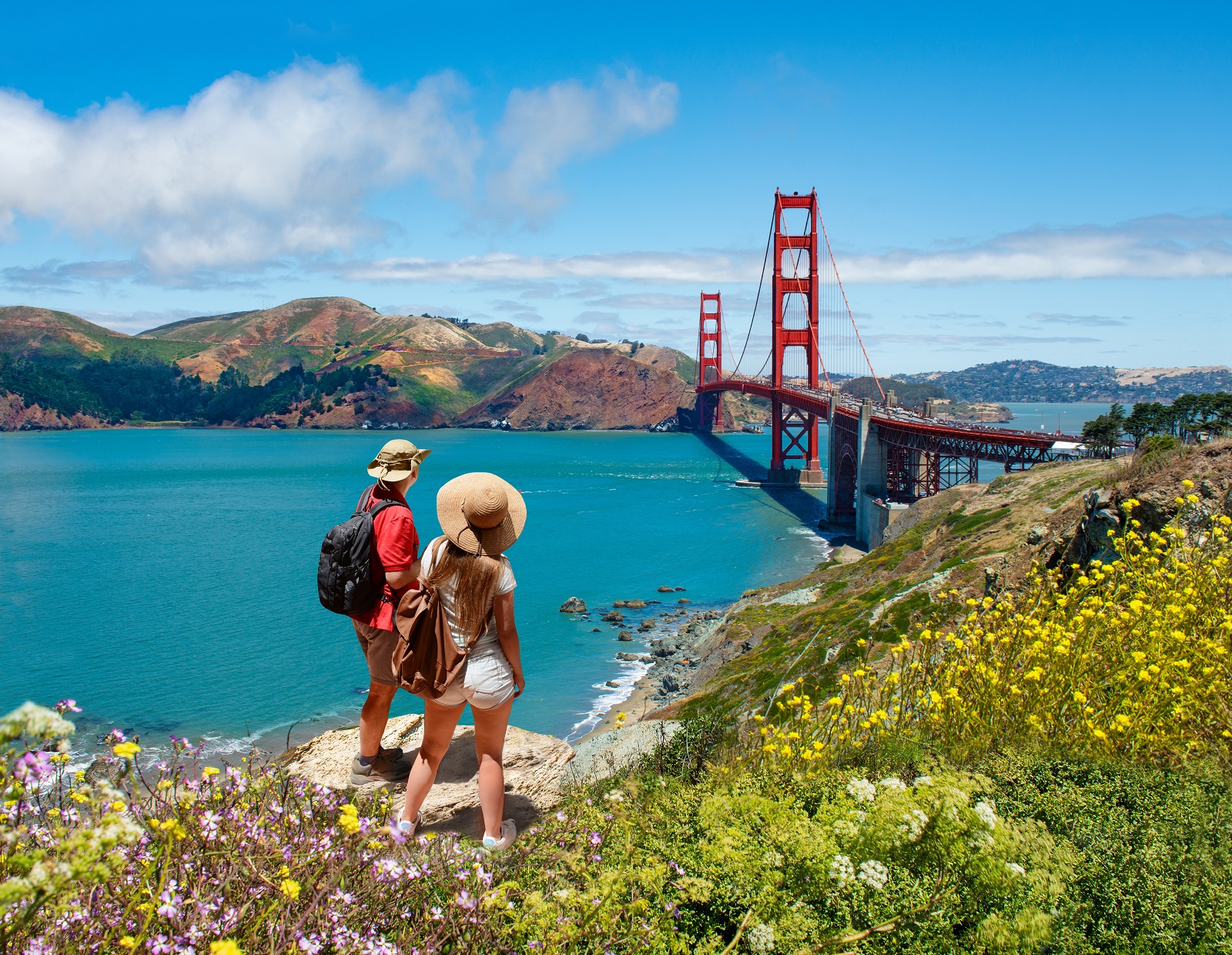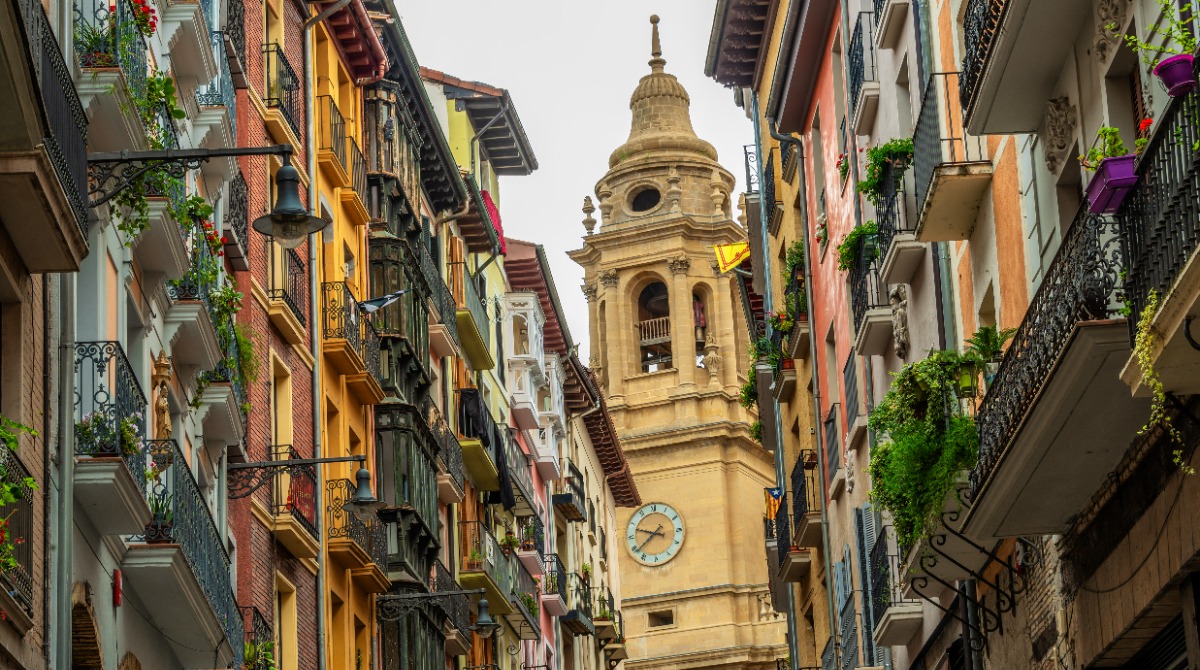Visit a blend of modern and traditional attractions in Le Mans!

Le Mans, France offers a variety of activities and attractions for visitors to enjoy. Here are some things to do in Le Mans:
1. Visit the Circuit de la Sarthe: Explore the iconic racetrack that hosts the legendary 24 Hours of Le Mans race. Take a guided tour or attend a motorsport event if available.
2. Explore the Old Town (Cité Plantagenêt): Wander through the medieval streets, admire the half-timbered houses, and visit the stunning Le Mans Cathedral. Don’t miss the picturesque Place Saint-Pierre.
3. Discover the Musée de la Reine Bérengère: Learn about the history of Le Mans and the region through archaeological artifacts, art collections, and exhibits showcasing the city’s heritage.
4. Stroll along the Quinconces Square: Enjoy a leisurely walk in this scenic square featuring beautiful gardens, fountains, and statues. It’s a great spot to relax and soak up the atmosphere.
5. Visit the Musée Automobile de la Sarthe: Car enthusiasts will appreciate this museum, which houses a collection of vintage cars, motorcycles, and racing memorabilia.
6. Explore the Jardin des Plantes: Spend some time in this peaceful botanical garden, featuring a wide variety of plants, flowers, and ponds. It’s an ideal place for a picnic or a relaxing stroll.
7. Enjoy local cuisine: Indulge in the gastronomic delights of the region, including delicious dishes like rillettes (potted meat), rillons (pork belly), and the famous “Sablés du Mans” butter cookies.
8. Attend cultural events: Check the local calendar for festivals, concerts, and exhibitions happening during your visit. Le Mans hosts various cultural events throughout the year.
9. Take a boat ride on the River Sarthe: Experience the city from a different perspective by embarking on a boat tour along the river. Enjoy the scenic views and the tranquillity of the water.
10. Venture to nearby attractions: If you have more time, consider taking a day trip to explore the beautiful Loire Valley, known for its charming châteaux and vineyards.
Remember to check the opening hours and availability of attractions and events, as they may vary depending on the season and current circumstances.
What currency will I need?
The Euro (€) is the official currency of the Eurozone, which consists of 19 of the 27 member states of the European Union (EU). It is also used by several other European countries and territories outside the EU as their official currency, or as a de facto currency. The Euro is one of the most widely used and traded currencies in the world.
The Euro is divided into 100 cents, and it has seven different banknotes denominated in 5, 10, 20, 50, 100, 200, and 500 Euro, as well as eight different coins denominated in 1, 2, 5, 10, 20, 50 cents, and 1 and 2 Euro. The banknotes and coins are standard across all participating countries, with the same design and security features.
The Euro has had a significant impact on trade, investment, and economic integration within the Eurozone, as it has eliminated transaction costs and exchange rate risks associated with multiple currencies. However, it also presents challenges, such as managing the monetary policies of a diverse group of countries with different economic conditions and addressing issues related to fiscal policies, financial stability, and political coordination among member states.
Overall, the Euro has become a symbol of European economic and monetary integration, and it plays a crucial role in the global economy as a major reserve currency and a benchmark for financial markets.
Should I use travel cash or a card?
According to Mintel, 90% of British travellers take some travel cash with them. It’s perfect for tips, taxis, street-side vendors and locations which do not have card machines (or where they are not working). It’s easy to budget with, and share with other members of your party. It’s also not prone to technical faults, does not require internet access, and you won’t be charged to use it.
Having a debit card is also a great idea as backup – just make sure you know what fees the card issuer charges to make payments in the foreign currency (better still, find one that makes no charges at all). Bigger purchases should be made on a travel-friendly UK-issued credit card to get that additional Section 75 protection (see https://www.moneyhelper.org.uk/en/everyday-money/credit-and-purchases/how-youre-protected-when-you-pay-by-card). Make sure when paying by card that you ALWAYS pay in the foreign currency – do not let the card processor do the conversion to GBP as you will always get a worse rate. That applies even if the foreign currency is already loaded onto a prepaid multi-currency card – the card issuer will decide whether to settle from your foreign currency wallet or not.
Where can I buy currency?
You will typically get a better deal buying your travel cash here in the UK before you travel. Look for the highest possible foreign currency exchange rate to indicate the best deal. For example, a rate of EUR €1.1225 is better than EUR €1.0952 when buying Euro (EUR). Airports tend to offer the worst rates – especially if you have not pre-ordered – and you may find a bureau de change on your High Street, in a supermarket or department store, in many travel agents, and at major transport hubs.
You can also buy Hungarian Forint from Travel Money Club for next business day despatch to home via fully insured Royal Mail Special Delivery Guaranteed by 1pm. Unlike the competition, we don’t hide fees and charges in our exchange rates – you just pay a fair and transparent handling fee based on how much you are exchanging. Get an instant quote now at https://yourtmc.link/quote-eur.


